| Umělec 1/2012 | Lista de todas las ediciones | ||||
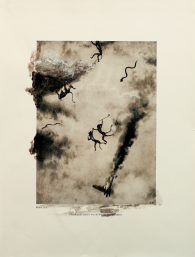
"In Cameroon, rumours abound of zombie-labourers toiling on invisible plantations in an obscure night-time economy."
Leer más 
Censorship could be defined as something that happens everywhere in the world, but not in America. There thus remains the need to explain those strange phenomena that readers of American newspapers sometimes encounter. We will ask Europeans; perhaps they will recognize something ancient in them.
Leer más 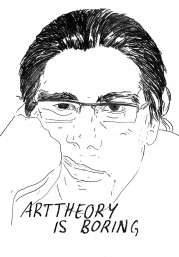
Post-Fordist working conditions wear a mask of openness, flexibility, and individual freedom. Criticism thus finds all the more difficult to achieve its objectives when it is literally attracted by institutions. Under such conditions, is it even possible to make art that is not part of the culture industry? Just like Kenneth Goldsmith in the opening text to this issue, these two British critics ponder the opposing tactics that, instead of attacking the concept of institutions, overpower it. Perhaps even art itself is built of nothing more than inertia.
Leer más |
TOP
My Career in Poetry or: How I Learned to Stop Worrying and Love the Institution
|
solutions
|
Kenneth Goldsmith
A Murder in Flatland: The Irruption of the Real in American Abstract Art
|
contemporartism
|
Douglas Dix
Mostrar todo 
American history is filled with stories about how to hide chauvinism and expansion behind lofty ideals of inevitable fate, of a manifest destiny to settle paradise; how to endlessly, shamelessly, and by force expand the boundaries of one’s garden. Joyce Hatto, too, had a nearly unbounded approach to reality, making nearly 120 recordings of piano concerts in her life. One of England’s greatest female pianists – or maybe not?
Leer más 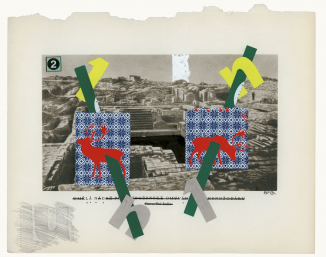
Nick Land was a British philosopher but is no longer, though he is not dead. The almost neurotic fervor with which he scratched at the scars of reality has seduced more than a few promising academics onto the path of art that offends in its originality. The texts that he has left behind are reliably revolting and boring, and impel us to castrate their categorization as “mere” literature.
Leer más
Enviar versión impresa de la revista Umělec:
|
| Libros, video, ediciones y obras de arte que podrían interesarle | Ir a la tienda virtual |
|
print on durable film, 250 x 139 cm, 2011 / signed by artist and numbered from edition of ten
Más información...
DIVUS is publishing the HUMAN TRILOGY, thus completing the publication of original dramatic texts by S.d.Ch. on high-quality...
Más información...
From series of rare photographs never released before year 2012. Signed and numbered Edition. Photography on 1cm high white...
Más información...
|
|
|
Studio |
|
Studio Divus designs and develops your ideas for projects, presentations or entire PR packages using all sorts of visual means and media. We offer our clients complete solutions as well as all the individual steps along the way. In our work we bring together the most up-to-date and classic technologies, enabling us to produce a wide range of products. But we do more than just prints and digital projects, ad materials, posters, catalogues, books, the production of screen and space presentations in interiors or exteriors, digital work and image publication on the internet; we also produce digital films—including the editing, sound and 3-D effects—and we use this technology for web pages and for company presentations. We specialize in ... |
|
Cita del día El editor no se responsabiliza por los estados físicos o mentales que puedan generarse después de leer la cita |
|
| “ | Enlightenment is always late. |
| Contacto e información del visitante Contactos de la redacción | ||
|
DIVUS BERLIN
Open Wednesday to Sunday 2 - 7 pm
Ivan Mečl |
DIVUS LONDON
DIVUS PRAHA
DIVUS WIEN
DIVUS MEXICO CITY
DIVUS BARCELONA |
|
| SUSCRIPCIÓN AL NEWSLETTER DE DIVUS | ||
| COPYRIGHT DIVUS 2024 TODOS LOS DERECHOS RESERVADOS |
|---|







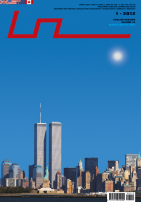







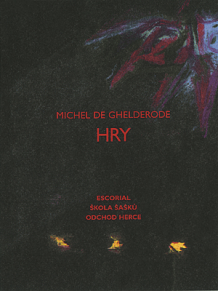
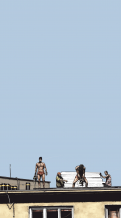
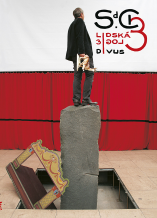
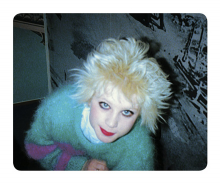
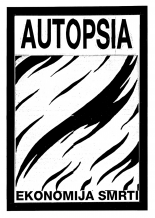


 New book by I.M.Jirous in English at our online bookshop.
New book by I.M.Jirous in English at our online bookshop.